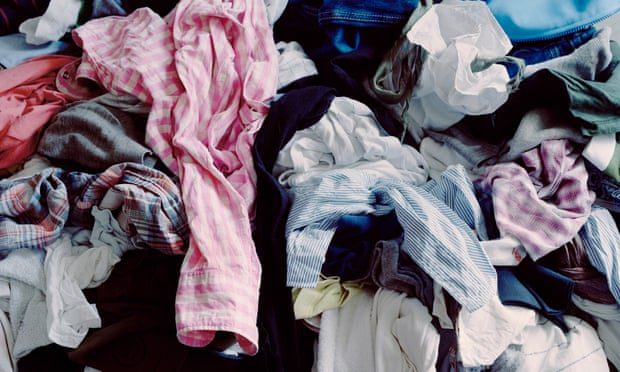
There is widespread coverage this morning after the Environmental Audit Committee published the government’s response to their report on fast fashion.
In a press release, the EAC claims the government has ‘rejected’ all of its recommendations.
This is not the case. We are committed to managing the environmental and social and impacts of clothing, particularly in this era of fast fashion, and our response sets out a clear plan to tackle this important issue. The Government has addressed each of the Committee’s recommendations in its formal response.
A Government spokesperson said:
“It simply isn’t true to say we are not accepting the Committee’s recommendations – we are tackling the environmental impacts of ‘fast fashion’ and much of what the committee would like to achieve is already covered by government policy.
“In our landmark Resources and Waste Strategy we will take forward measures including developing proposals and consulting on extended producer responsibility (EPR) and higher product standards for textiles. This would make producers responsible for the full cost of managing and disposing of their products after they’re no longer useful.
“Through the ground-breaking Modern Slavery Act, the UK was the first country to require businesses to report on the steps they have taken to tackle modern slavery in their own business and throughout their supply chains. The Prime Minister announced last week that the Government will create a new central online reporting service for modern slavery statements to give consumers the ability to make more informed choices about where they shop.”
As we made clear in our landmark Resources and Waste Strategy, we will take forward the best mix of policy measures to reducing environmental impacts – exploring voluntary commitments, regulatory requirements as to product design and information for consumers through improved product labelling, and developing proposals for extended producer responsibility (EPR) for textiles and other priority waste streams.
By the end of 2025 we will have reviewed and consulted on measures such as Extended Producer Responsibility and product standards for five new waste streams, two of which we plan to complete by 2022.
We are also working with WRAP and SCAP signatories – which includes brands and retailers - on how the Sustainable Clothing Action Plan (SCAP) can be taken forward and enhanced in its next phase, post-2020. We will take on board relevant research including by WRAP on the environmental impacts of clothing as well as our commitments under the Paris Agreement and Climate Change Act to reduce GHG emissions, in shaping the next phase.
Last week, the government opened a multi-million pound grant scheme to help boost the recycling of textiles and plastic packaging.